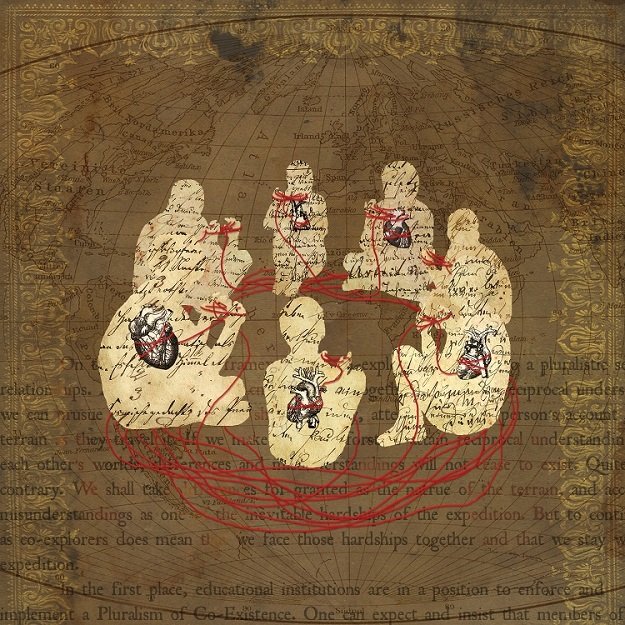In traditional society, the function of social integration has been fulfilling family, religion, traditions and the state. In modern society emerged new social institutes such as prison, political ideologies and parties, manufactory, hospitals and others. The role of the state has also increased. The rise of the social system and its massification have led to the creation of new social institutes. The new era has destroyed the sovereignty of traditions, family and religions and, with the help of the state, has imposed a political ideology on the masses with the methods of institutional violence.
The main value of modern society is the idea of freedom as a manifestation of human rationality. The subjects of freedom can be the person, the group, the institute. In modern society, a major integrative power is political ideology. In postmodern society, this is social ethics. The more complex society becomes, the more it needs to coordinate its relations in the social institutes. The rules of action must be more reliable as the social relations develop more strongly. Much of social action is mediatory, so social ethics should become the ethics of social institutes. What social institutions should the modern socially oriented state have? Let's first see what the social institute is like? The state, the family, the church, the party, the firm, the public, the CMS are collective entities that can not perform their functions, based on the morale of their representatives or competitors, so they create common rules and norms fixed in the laws , the constitution, the decrees, the regulations and others. The Social Institute - this is the generation of a generation of normative system regulating the relations between people and arising from these relations.
An example of such an institute is the school as a system of laws, norms, rules of conduct and communication.
The task of the social institute is to ensure a stable regulation of social relationships of a different type. The activities of the social institute depend on its organization, i. the social structure which is required to ensure the fulfillment of certain tasks and the system of norms, functions and duties that are assigned and allocated to that social structure. The school, as an institute, aims - the education and education of children, family and marriage are aimed at - regulating gender relations. The Market Institute regulates relations of exchange and consumption. The political institutes (state and parties) aim to regulate the relations between the parties as representatives of the different social strata, as well as among the states. Traditional society is based on family, church, religion. Modern society is based on ideology. Socially oriented society is based on social ethics. Well-oriented social institutes ensure the stability of society. Good institutes give an orientation to the activities of the actors and compensate the deficit of morality. The question of "good social order" means a matter of compliance of these institutes, ie. those that serve the purposes of structural good.

You got a 10.69% upvote from @upmewhale courtesy of @godflesh!
Earn 100% earning payout by delegating SP to @upmewhale. Visit http://www.upmewhale.com for details!